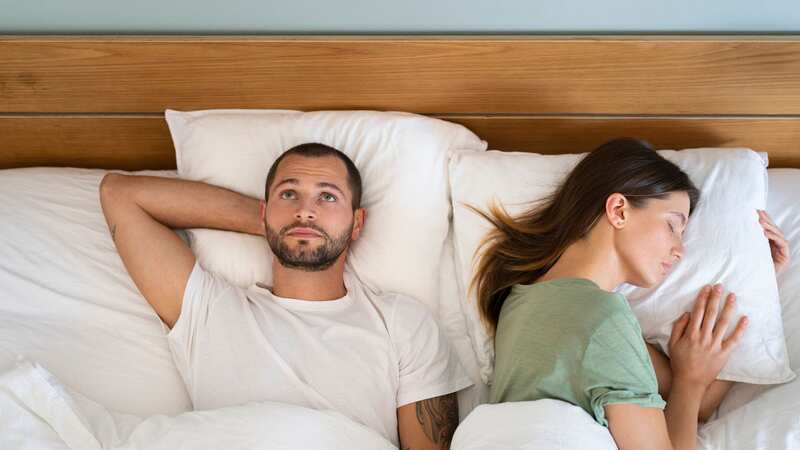Sleep expert shares five foods and drinks that help you drift off faster

Getting into a good bedtime routine can be hard for some people. You may have tried apps, lavender-scented pillow sprays, bedtime baths, and even turning off your phone an hour before you want to sleep in favour of a book - but sometimes it feels as though nothing works.
And you're not alone, as many Brits aren't getting the optimum amount of sleep each night, despite the fact that we know good sleep is key to improving your mood, and energy levels, also helping with overall wellbeing. But don't panic, as sleep experts at Sleepseeker have shared their insights about which food and drink you should include as part of your diet, which will aid sleep.
Kora Habinakova said: "The foods you eat and the timings of your meals can influence how easily you fall asleep and how restful the night is. A light snack before bed is recommended, especially for insomniacs as having a small amount of food in your system can help you to sleep and will prevent any hunger-related disturbances."
Each person and their needs are individual, but it's safe to say that caffeine and alcohol should be avoided right before bedtime - but some foods are "encouraged" as "meals and snacks in the later hours of the day."
Nuts, such as walnuts and pistachios, are great to eat before bed as they are really high in vitamins and minerals and are some of the most melatonin-rich foods. Due to their high levels of melatonin, eating a handful of these nuts before bed may help improve your sleep quality.
 Dr Michael Mosley shares exercise that can cut cholesterol and blood pressure
Dr Michael Mosley shares exercise that can cut cholesterol and blood pressure
Experts also recommend turkey, in moderation, as it can help to improve sleep quality and reduce disturbances. Habinakova says turkey contains tryptophan, an amino acid that increases the body's melatonin levels and helps with sleep, according to Chronicle Live.
And if you're looking for a drink to soothe you before you go off to the land of nod, look no further than herbal teas. Chamomile tea aids in reducing anxiety, which in turn can lead to more restful sleep, and it contains antioxidants that have been said to reduce insomnia.
Eating fatty fish can also help your sleep pattern thanks to Vitamin D. Salmon or tuna can help as a lack of Vitamin D increases the risk of sleep difficulties, so if you increase the amount of Vitamin D-rich foods in your diet, and make an effort to spend more time outside, you can improve your sleep.
And honey can help too, as it contains the sugar glucose which can lower the brain's orexin levels, a neuropeptide that regulates wakefulness, according to Habinakova.
Read more similar news:
Comments:
comments powered by Disqus
































